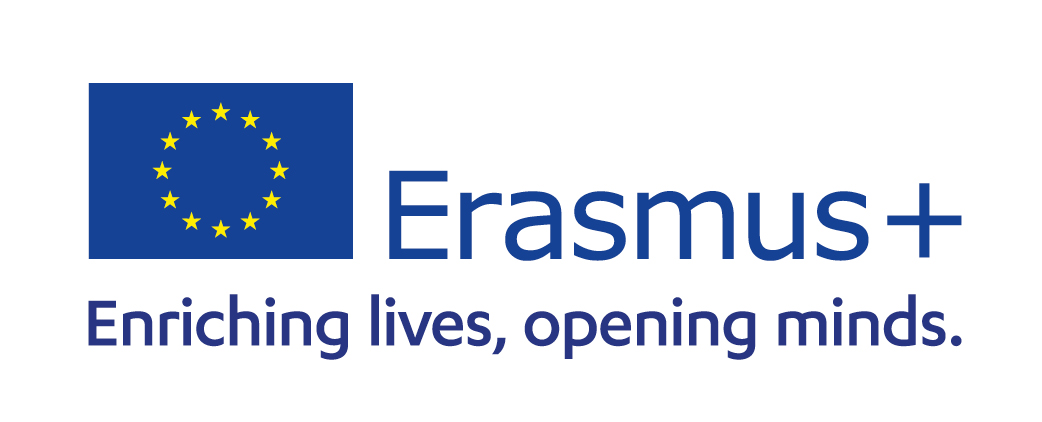

Erasmus+, KA1

MOBEC is the acronym of Mobility in Elderly Care, and it is the result of 2 applications submitted in 2015 under the Erasmus+ programme in Italy and Sweden. The project started off from an analysis of problems and needs in the elderly care sector. In particular, the partner organizations have acknowledged that the staff responsible for training other staff need to acquire specific competences given the social and cultural changes that are taking place within the social services. On the basis of the training needs, the consortium has identified three areas for improvement :
On the basis of training needs and areas for improvement identified by the European development plan activities are planned for jobshadowing in the social services of the municipalities.
The job shadowing will see the participation of 68 professionals in the field of elderly care, 32 from Italy and 36 from Sweden. The participants will have the opportunity to spend a week abroad in a corresponding facility as to where they normally work. While there, they will follow and observe the work of their colleagues abroad in order to learn about different approaches. The project will also include a course on case management held at the University of Pori in Finland, which will be participate by 18 professionals from Sweden and 13 from Italy.
The overall objective of the project is to improve the quality of elderly care services through the development of the European dimension of the organizations and competences of trainers. The specific objectives of the project are:
Jobshadowing Round 1 in Italy
23-27 November 2015
Jobshadowing Round 1 in Sweden
7-11 December 2015
Training Course Round 1
University of Pori, Finland
7-11 or 13-17 March 2016
Jobshadowing Round 2 in Italy
9-13 May 2016
Jobshadowing Round 2 in Sweden
30 May-5 June 2016
Jobshadowing Round 3 in Italy
5-9 September 2016
Jobshadowing Round 3 in Sweden
19-23 September 2016
Training Course Round 2
University of Pori, Finland
28 November-2 December or 6-10 December 2016
Jobshadowing Round 4 in Sweden
13-17 Mars 2017
Jobshadowing Round 4 in Italy
27-31 March 2017
The Consortium identified, as the target group of the training and mobility activities, staff who has responsibility for training within their organizations. Regarding the impact of the project it is possible to identify three main areas:

Our objective is to increase cooperation among the
members of the network, between Italy and Sweden
and, more in general, the North and South of
the European Union.
Stradone Martiri della Libertà, 15 – 43123 Parma (PR) – Italy | C.F.: 91251370374
Tel: +393483892600 – Website: www.sern.eu – Email: secretariat@sern.eu – PEC: secretariat@pec.sern.eu
© 2024 | All rights reserved | Privacy Policy | Cookie Policy